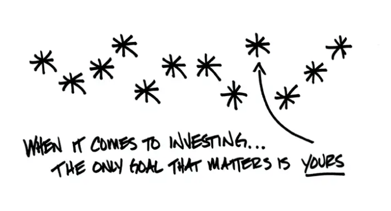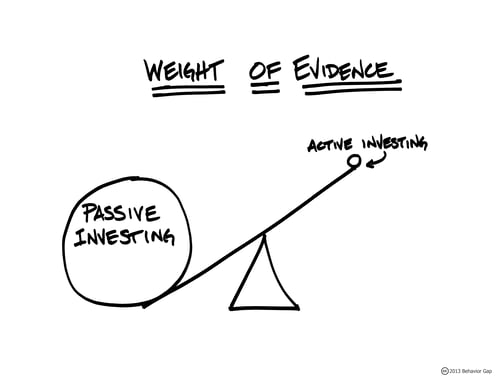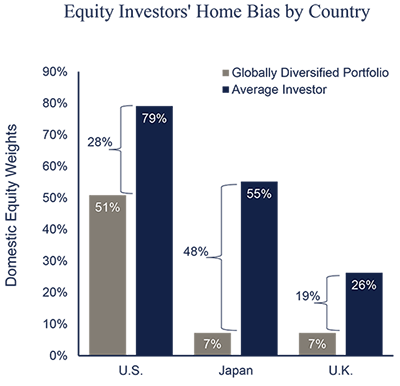Services
Contact
AES International
Level 2, Exchange Tower
Al Mustaqbal Street (Future Street)
PO Box 191905
Dubai
United Arab Emirates
The information in this material is intended for the recipient’s background information and use only. It is provided in good faith and without any warranty or, representation as to accuracy or completeness. Information and opinions presented in this material have been obtained or derived from sources believed by AES to be reliable and AES has reasonable grounds to believe that all factual information herein is true as at the date of issue. It does not constitute investment advice, recommendation, or an offer of any services or products for sale and is not intended to provide a sufficient basis on which to make an investment decision. It is the responsibility of any persons wishing to make a purchase to inform themselves of and observe all applicable laws and regulations. Unauthorised reproduction or transmitting of this material is strictly prohibited. AES accepts no responsibility for loss arising from the use of the information contained herein.
‘AES’ refers to the AES Group’s separate but affiliated entities generally, rather than to one particular entity. These entities are AES Middle East Insurance Broker LLC registered with the UAE Ministry of Economy, United Arab Emirates, Licence no. 571368, and Commercial Registration no. 75162 and regulated by the UAE Central Bank license no. 189; AES Financial Services Limited, incorporated and registered in England and Wales with company number 06063185, authorised and regulated by the UK Financial Conduct Authority FRN: 464494; AES Financial Services (DIFC) Ltd, registered in the Dubai Financial Centre (DIFC) as a foreign company, license no.2128, and regulated by the Dubai Financial Services Authority (DFSA) Reference No F003476; AES International Limited, a private company incorporated and registered in the British Virgin Islands with company number 1839872; AES International Global Limited, a private company incorporated and registered in the British Virgin Islands with company number 1887885. Please visit our authorisations page for further information on regulation, redress and accessibility.
If you are outside the UK and we advise you or carry out other business, nearly all the rules, regulations and arrangements made under the UK regulatory regime (including the rules made by the FCA and the dispute resolution process provided by the UK Financial Ombudsman Service) will not apply to most aspects of the service you receive, such advice or business being provided from outside the UK. You should therefore clearly understand such rights and protection as are afforded in the jurisdiction where you receive advice. Local law, regulation and redress processes will apply in almost all cases, and will be different from that of the UK.
RISKS
Investments involve risks. The investment return and principal value of an investment may fluctuate so that an investment, when redeemed, may be worth more or less than the capital invested. Past performance is not a guarantee of future results. There is no guarantee strategies will be successful. For further information, please click here.
Terms of Use |
Authorisation, Regulation and Redress |
Cookies |
Privacy Policy |
Data Processing
Copyright © 2025 AES Financial Services Ltd (“AESFSL”) registered in England no. 06063185







